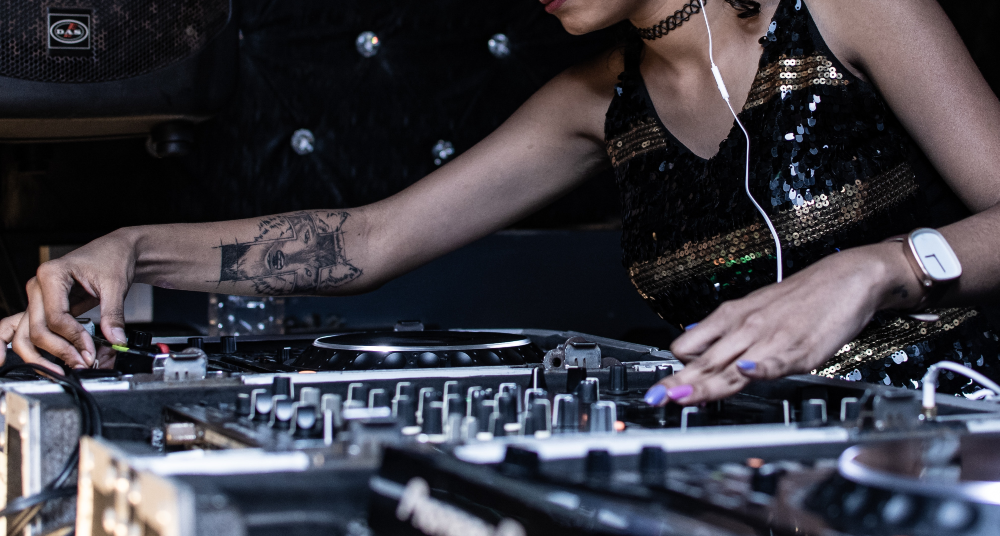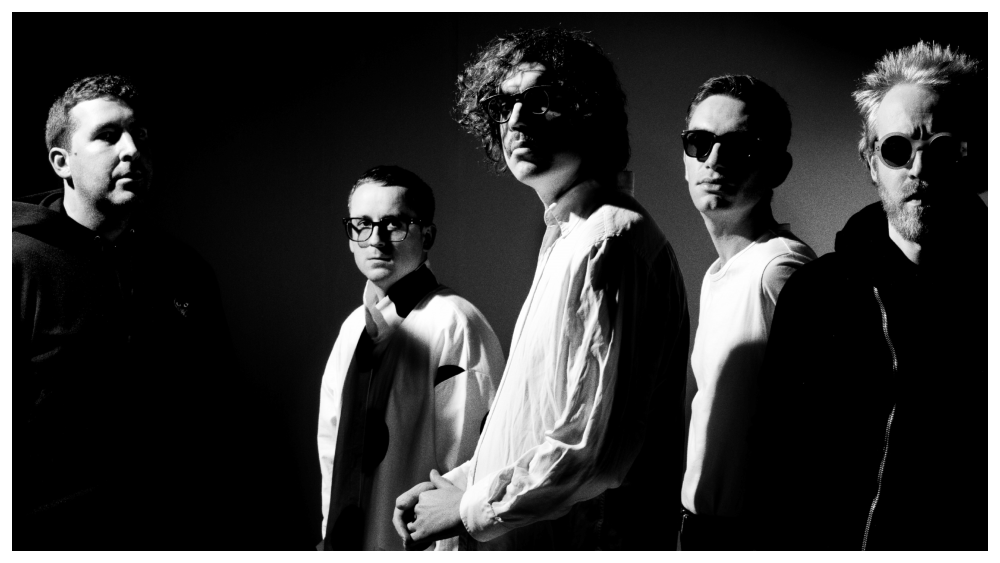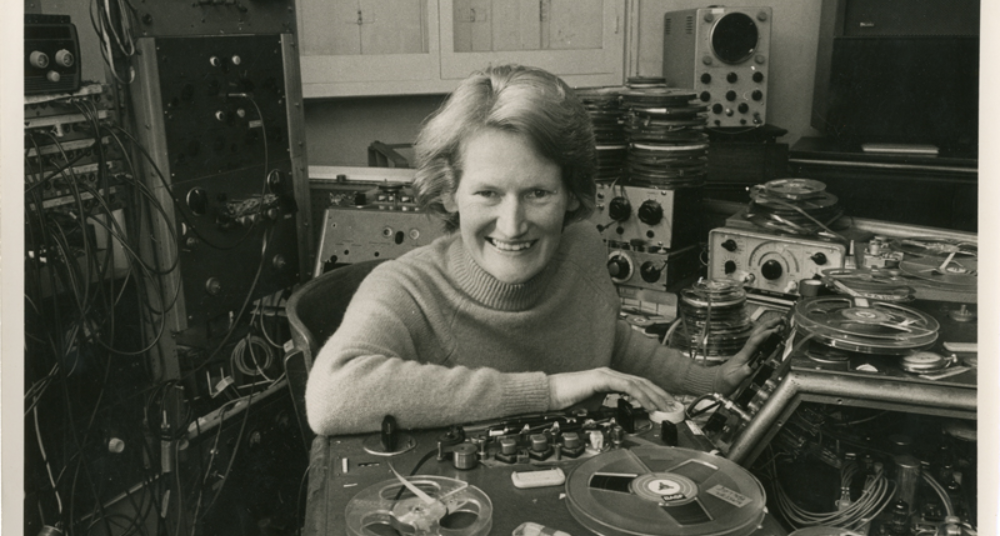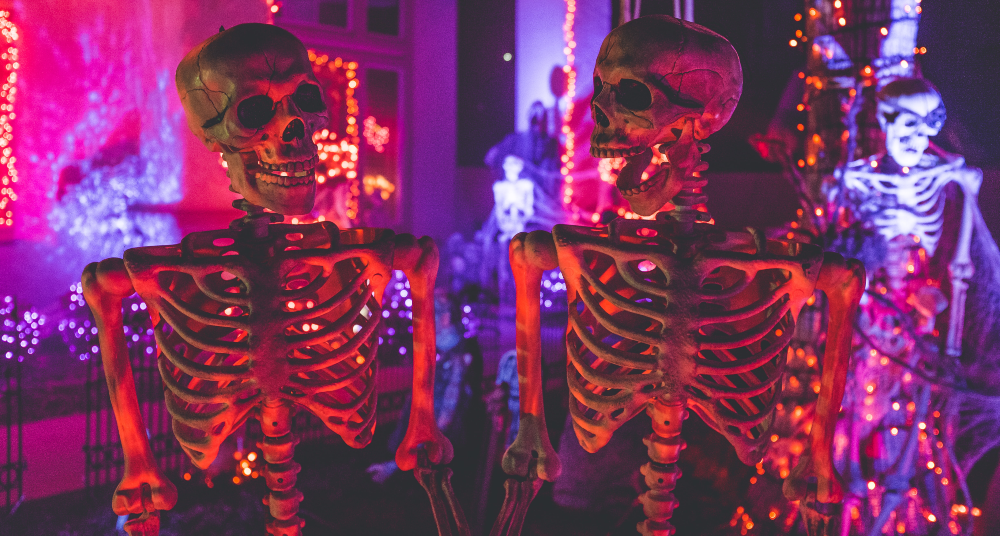On the face of it, the music industry has made significant gains when it comes to inclusion and diversity for women, non-binary and trans people, with musicians such as Ariana Grande, MNEK and Lil Nas X becoming powerhouses in their fields. On the other side of the recording studio, however, a different story is told.
In 2017, the Incorporated Society of Musicians (ISM), the UK’s professional body for musicians, conducted a Dignity At Work study. The study found that systemic gender inequalities remained within the industry with 95 percent of concerts performing music created by men only.
These findings were reinforced in 2018 when the USC’s Annenburg Inclusion Initiative, a think tank that studies diversity and inclusion in entertainment, revealed that 2.1 percent of music producers were women and that only 4 out of 871 of these producers were women of colour.
One group trying to bridge this gap is Equalize Music Production. Created by Liina ‘LNA’ Turtonen and Emily Johnson (aka Emily J Electric), the organisation provides courses and workshops to help women, non-binary and trans people build and develop a career in music as well as providing them with a safe space to explore their creativity.
Joining forces with the Manchester-based DJ collective All Hands On Deck (AHOD), the programme aims to provide 25 women, non-binary and trans people interested in music production a subsidised four-week beginners Ableton course. Supported by the Manchester International Festival Sounds Project, it will provide underrepresented communities with the skills and information needed that their male counterparts have more access to.
‘We wanted to partner with AHOD because they have very similar goals to us - to encourage more women and gender minorities in DJing, and we have a clear crossover audience’, Johnson explained. ‘Men can have confidence problems as well, but I think it’s more of a problem for women and gender minorities because of how we’re socialised.’
‘Almost all professional female producers have home studios’, Turtonen added. ‘Most don’t want to be where those men are. [We] would just rather be at home, in our own studio where we feel comfortable. You can control the space and control how you’re being treated in your space’
This need for safe spaces, free from discrimination or abuse, is a crucial piece of the puzzle. Access to environments that allow for individuals to be their authentic selves helps women, non-binary and trans producers confidently express their creativity. This in turn empowers them to push their musical boundaries free from a fear of needing to conform and, most importantly, create award-winning bops.
'Having access to spaces and courses is important, where you feel comfortable, and celebrated for being your authentic self, knowing you won’t be judged on your gender, sexual orientation or race.’
‘If you walk into any space and feel inferior, you are already at a disadvantage and it is so difficult to feel creative when you feel unworthy, it is critical not to allow these self-doubts to manifest, and to feel confident in your ability,’ says DJ and resident of the ‘He.She.They’ record label, Syreeta. ‘Having access to spaces and courses is important, where you feel comfortable, and celebrated for being your authentic self, knowing you won’t be judged on your gender, sexual orientation or race.’
Johnson and Turtonen agree with this sentiment, ‘It’s not just how to get there but how to survive that environment and have the confidence to pursue your career, and how to have the courage.’
Another factor that plays a hand in the music industry’s lack of inclusion is the cost. Money doesn’t buy happiness but certainly helps you to buy equipment and help to develop your skills. Financial strains can eradicate any possibility of creative confidence.
Both software and technical equipment are staggeringly expensive, not to mention the cost of a training course and when you already lack the confidence in your own ability this serves as a substantial barrier. It’s for this reason that in their partnership with AHOD that Equalize Music Production specified that their course would be subsidised and available to those individuals from low-income backgrounds.
Equalize Music Production are not the only organisation putting in the hours to help change the homogeneity of music production. Others such as Raze Collective, a charity established to support, develop and nurture queer performance in the UK is another example. They support queer creatives in the form of organising events and providing opportunities in the industry.
Tim Other, director of Raze Collective, said: ‘At Raze we work to create safe spaces for queer performers, so they have the opportunity to develop new work and try this out in front of a receptive audience. There are very few trans and non-binary musicians working in the industry, so we make sure we provide information and training in advance to venues that may not regularly book or support queer artists.’
'Money doesn’t buy happiness but certainly helps you to buy equipment and help to develop your skills. Financial strains can eradicate any possibility of creative confidence.'
Overwhelmingly, there is a need for individuals who are either in the industry, or have been in the industry, to reach out and provide these resources. Not only is there a need to pass on skills and knowledge but also an understanding of the issues that women, non-binary and trans face in these cis male dominated environments. Furthermore, discussion helps break down the pervasive social conditioning that many women, trans and non-binary individuals who don’t see themselves in those rules.
Courses provided by the team at Equalize Music Production offer vital skills for those individuals who have largely felt disregarded and excluded from their passion. By providing these skills and lifting the lid on the industry, can help change the tide when it comes to inclusion. By providing the knowledge and skills required to navigate this industry, individuals gain the autonomy necessary that to nurture their craft and in turn help to evolve the industry.
I asked course attendees Sophie Ahmed and Alisha Shah to talk us through the experiences they've had taking part in Equalize Music Production training.
Sophie Ahmed said: ‘In the back of my head I had always wanted to do music production and it [the course] just popped up at the perfect time. I hadn’t ever opened Ableton before, I was so scared of using it myself but now I feel like I can easily navigate around the basic features and even add effects. It’s a great starting point, I’ve even signed up to another Equalize Music Production course because I want to make sure I carry these skills on. I think that will be great way to keep it up and hopefully beyond that I’ll feel ready to do it myself and just have fun with it and be creative.’
‘The way that the course was taught was amazing. I’ve watched a lot of tutorials where people talk about certain elements of music production assuming that the people watching know what those terms mean. But the great thing about EMP is that they went very basic and explained all those terms.
Alisha Shah said: I DJ and started to think I would also love to produce. I started off as a beginner, I had never opened Ableton and on top of that I’m a woman of colour. You don’t really find many people who are like you producing. They are there but they’re difficult to find and breaking through the jargon is an impossible thing when you’re not in the community, or you haven’t got that foot through the door.
The course is free and you get so much support, you can download all the course materials and keep them. In terms of the value for what you’re getting, it’s insane I don’t think it can be matched, I’ve not seen anything else like it so far. If that’s what you're interested in, just put your insecurities and self-doubt behind you for at five minutes and give it a go.
For more on Equalize Music Product, head to their website.





